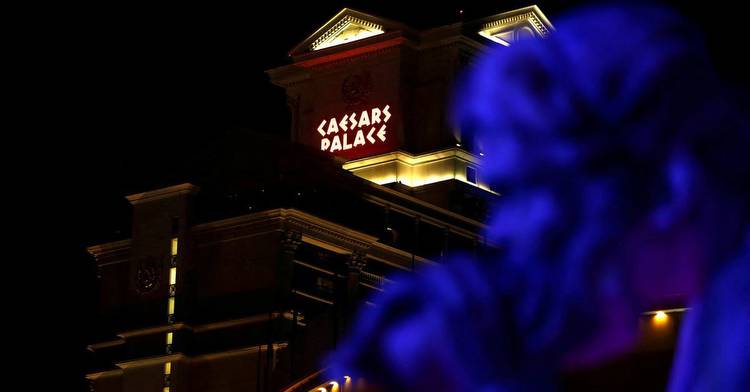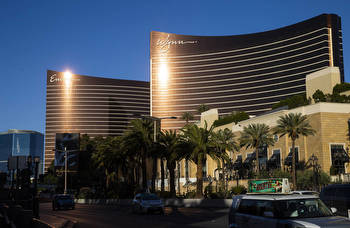Las Vegas hotels defeat lawsuit over room rental fees for now

Oct 25 (Reuters) - A U.S. judge has dismissed a proposed class action accusing MGM Resorts, Caesars Entertainment and other hotel operators in Las Vegas of conspiring to overcharge for room rates in violation of U.S. antitrust law.
In a 13-page order, Chief U.S. District Judge Miranda Du in Nevada on Tuesday said the consumer lawsuit against the hotel companies and a pricing software platform suffered from "ambiguity" and "numerous deficiencies." Du said the plaintiffs could file an amended lawsuit within 30 days.
Du did not rule on the merits of the lawsuit's underlying antitrust claims. The defendants have denied wrongdoing.
The other defendants included Wynn Resorts, Treasure Island and Cendyn, a revenue management software developer for the hospitality industry.
An attorney for the plaintiffs, Steve Berman of Hagens Berman Sobol Shapiro, said they intended to file an amended complaint and "are confident we can address the court's concerns."
Representatives for MGM, Wynn, Caesars, Treasure Island and Cendyn either declined to comment or did not immediately respond to a request for comment.
The lawsuit sought class action status for consumers who rented a hotel room since 2019 on the famous Las Vegas Strip, the four-mile entertainment stretch south of Las Vegas that attracts tens of millions of visitors every year.
The complaint from residents of Florida and Washington state claimed the hotel defendants used shared data from Cendyn subsidiary Rainmaker to "defy supply and demand dynamics" involving vacant rooms and hotel prices.
Rainmaker "collects confidential price information from each of the hotel operators, and then tells them, through use of various algorithms, how to price," the January lawsuit alleged.
In her ruling, Du said the plaintiffs' complaint failed "to plausibly allege defendants entered into an agreement" or to show whether the hotel operators all use the same pricing algorithm.
"The court therefore cannot say which pricing algorithms each hotel operator uses, making it impossible to infer that all hotel operators agreed to use the same ones," Du wrote.
The plaintiffs' complaint also failed to allege that the hotel operators are "required" to accept prices that the Rainmaker software recommends, Du said.
The case is Richard Gibson and Heriberto Valiente v. MGM Resorts International, U.S. District Court, District of Nevada, No. 2:23-cv-00140-MMD-DJA.







































